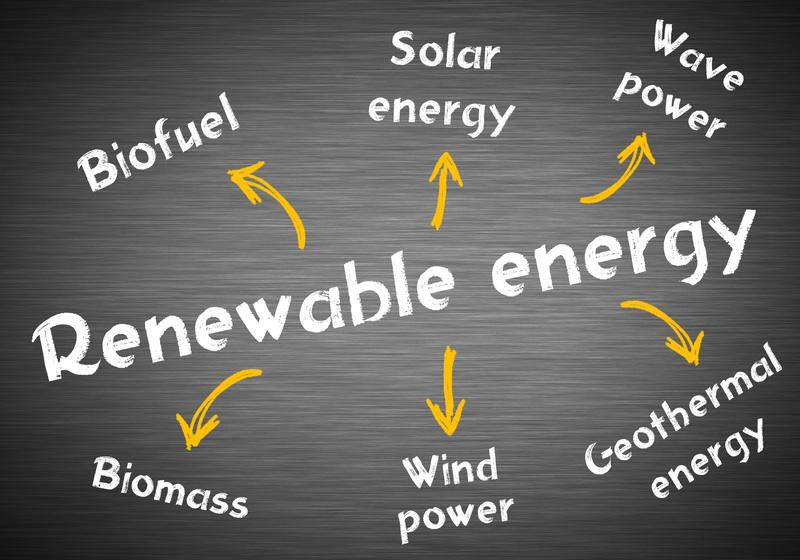
Next Steps if Your Bin Wasn't Emptied
It's a common issue that many residents face - you take the time to separate your waste, ensure your bin is placed on the curbside, but when the collection day is over, you find your bin wasn't emptied. This problem can be puzzling and inconvenient. However, there are several steps you can take to resolve the issue effectively and ensure it doesn't happen again. Here's a comprehensive guide on what to do if your bin is still full after collection day.
Understand Why Your Bin Wasn't Emptied
Before taking action, it's essential to understand why your garbage wasn't picked up. There could be various reasons, including:
- Blocked Access - Objects or vehicles might have prevented the waste collection truck from reaching your bin.
- Incorrect Bin Placement - If the bin wasn't correctly placed or was facing the wrong direction, it might not have been collected.
- Overfilled Bin - Bins that are too full, preventing the lid from closing, might be skipped.
- Prohibited Items - Your bin might contain items that the collection company does not accept.
These factors, among others, can explain why your bin was left unemptied. Identifying the cause is the first step to finding a solution.
Immediate Steps to Take
Check Collection Schedule
Ensure you have the correct collection day marked. Holidays or special events can sometimes alter regular waste collection schedules. Always check your local council's website or service provider's schedule for changes.
Inspect Your Bin
Carefully inspect your bin for any violations. Here are the areas you should look at:
- Placement: Make sure your bin was placed in the correct spot, with the handles facing your property and free from obstructions.
- Content: Remove prohibited items that might have led to the non-collection. Review what materials are acceptable in each type of bin.
- Size and Weight: Ensure your bin is not overfilled or too heavy to be lifted by the vehicle's mechanisms.
Communication with the Waste Collection Company
After you have reviewed the situation, contact the waste collection company. Most companies have customer service lines that can help resolve your issue. Here's how to approach them:
- Provide Details: Explain when the bin was placed out, and clarify that you have reviewed potential issues.
- Request a Recollection: Depending on the company's policies, they might offer to return and empty your bin.
- Document the Incident: Take photographs of the bin's location and contents as proof in case required for future disputes.
How to Prevent Future Non-Collection
Follow Local Council Guidelines
Always adhere to your local council's waste collection guidelines. These rules will inform you of what is expected in terms of bin placement, allowable waste types, and collection schedules.
Engage in Proper Waste Management
To ensure your bin is emptied every week, it's crucial to engage in effective waste management:
- Sort Waste Properly: Use appropriate bins for recyclables, organic waste, and general waste.
- Communicate with Neighbors: If there's a persistent issue with bin collection in your street, coordinate with neighbors to find common solutions.
- Feedback to Service Providers: If errors occur multiple times, provide feedback to the waste collection service, suggesting improvements.
Use Digital Tools and Reminders
Leverage digital tools to ensure you never miss a bin collection day:
- Calendar Alerts: Set reminders on your phone or calendar app for bin day.
- Mobile Apps: Some councils offer mobile apps to keep you informed on waste collection dates and types.
The Role of Community in Resolving Waste Collection Issues
Community involvement can be pivotal in resolving and preventing further waste collection issues. Here's how to increase community engagement:
Awareness and Education
Encourage local authorities in your community to conduct workshops or distribute information leaflets about proper waste management. By being aware of local regulations and policies, residents can collectively minimize bin collection problems.
Collaborative Problem-Solving
If your area faces recurring issues with waste collection, consider forming a community group to liaise with the local council. Working together can amplify your voice and facilitate quicker resolutions.
Push for Improvements
Communities can push for improvements by providing constructive feedback to waste management companies. They can advocate for changes such as increased pick-up frequency, larger bins, or clearer guidelines on waste segregation.
The Importance of Responsible Waste Management
Understanding the larger picture of responsible waste management is crucial. It's not just about a specific bin or collection day. It involves a commitment to sustainable practices that contribute to environmental conservation.
Waste Reduction
Consider implementing strategies in your home to reduce the amount of waste you produce. This may include:
- Buying products with minimal packaging
- Choosing reusable over disposable items
- Composting organic waste
Engage in Recycling
Recycling is a significant part of efficient waste management. It reduces the demand for raw materials, saves energy, and minimizes the landfill load. Familiarize yourself with what can and cannot be recycled in your area.
Conclusion
If your bin wasn't emptied, it doesn't necessarily mean a significant issue. By following these next steps, you can effectively deal with the situation and take measures to prevent future occurrences. Responsible waste management not only resolves immediate problems but also contributes to a sustainable future. Ensure you stay informed, communicate effectively, and foster community efforts towards better waste handling. In doing so, you'll help ensure that your waste is picked up regularly, keeping your neighborhood clean and conducive for all.
